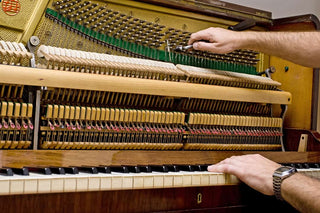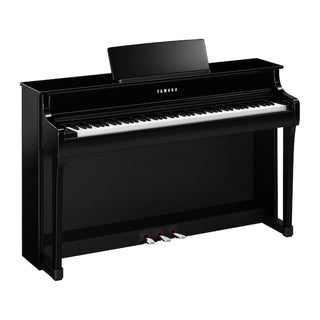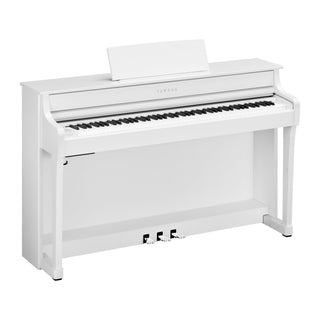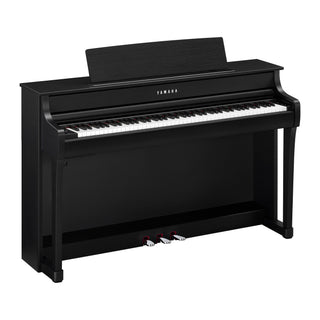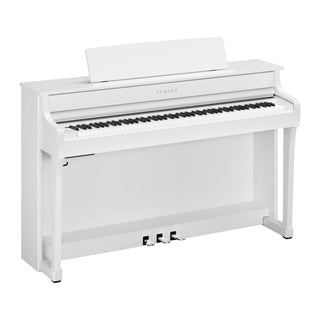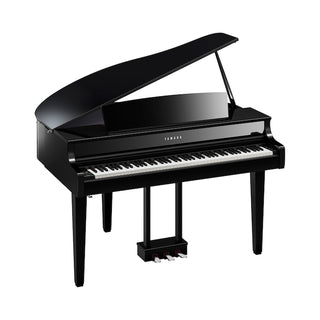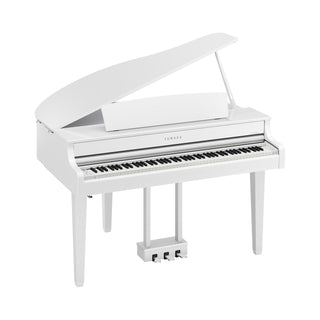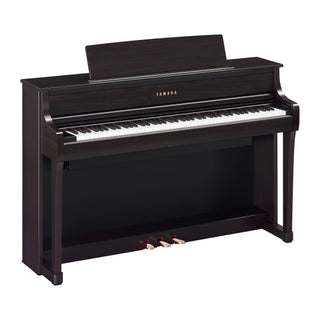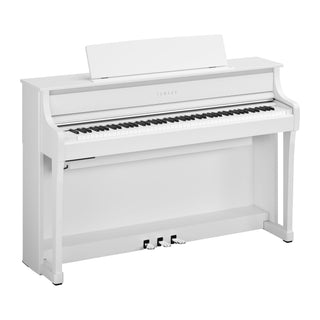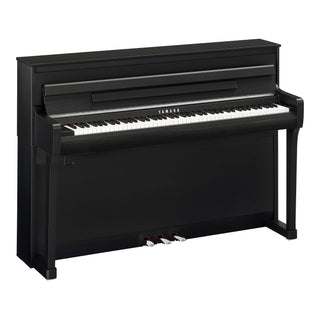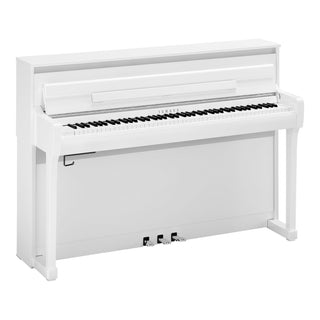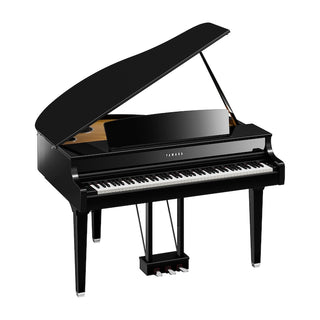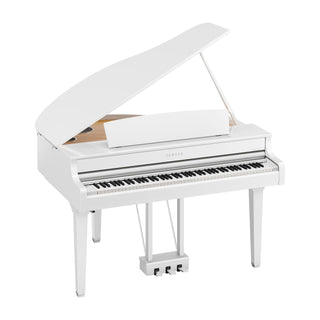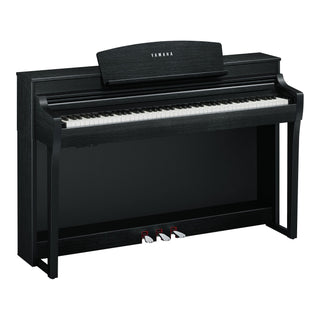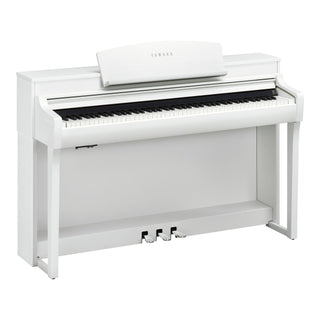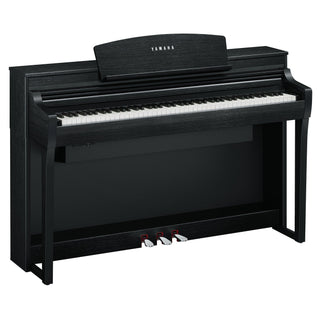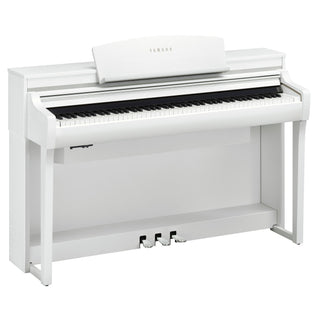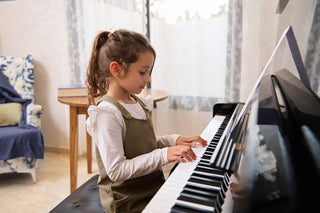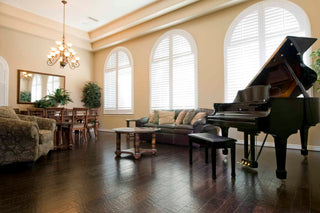A piano is an investment. Proper care of your investment, which includes things like dusting and polishing in addition to professional tuning, ensures the longevity of your piano and maintains the quality of sound it produces.
One of the most common questions we are asked when someone is buying a new or used piano is, “how often do you need to tune a piano?”
How often do you need to tune a piano?
How often you should tune your piano depends on the environment the piano is in. The general rule of thumb for most pianos is to tune your piano a minimum of 2 times a year. However, if your piano is exposed to temperature or humidity fluctuations, you will need to tune your piano more frequently, up to 4-6 times per year. When you buy a new or used piano, you should tune your piano 4 times in the first year to help account for temperature and humidity adjustments in its new environment.
Pianos in locations that experience temperature or humidity fluctuations will need to be tuned more frequently. For instance, if your piano is placed in front of a sun-facing window, it will experience temperature fluctuations throughout the day that will cause it to go out of tune more quickly. The same applies if you live in an environment in which the humidity fluctuates from day-to-day.
In professional environments, a piano will need to be tuned more frequently if it has stage lights beating on it multiple times per month, or is in a classroom or commercial environment that may experience more extreme temperature fluctuations during less temperate seasons.
Why do pianos go out of tune?
Many people think that the main factor in a piano going out of tune is how frequently it’s played. However, this is not the case. The biggest reasons pianos go out of tune are temperature and humidity fluctuations.
A pianos main sound components are the strings, hammers, and soundboard. The soundboard is the wood that supports the strings and resonates with each note, giving it that deep, beautiful sound. The soundboard is not completely flat. It has a “crown,” which means it rises slightly in the center of the soundboard.
As temperature or humidity rises or decreases, the soundboard expands or contracts. When it expands, it puts more pressure on the strings, causing the notes to go sharp. With each fluctuation, the balance of the string tension is compromised.
Even without temperature and humidity fluctuations, a piano will go out of tune as the piano strings stretch. The tension in each piano string is equivalent to around 38,000 pounds of pressure. Even if the environment is perfect, these strings will stretch over time, causing the pitch to go flat.
How do I know when my piano needs to be tuned?
The best way to know if your piano needs to be tuned is to keep a twice-yearly schedule. However, if you notice changes in the piano’s pitch or tone, it may need to be tuned sooner. Many pianists have a good ear for pitch and can hear when their piano starts to go sharp or flat. They may also notice buzzing or twanging when notes are played, instead of the sweet and clear sound typical of a piano. If you notice one of these signs, it’s time to tune the piano.
If you aren’t confident in your ability to hear changes in pitch, you can use an online tuner, mobile tuner app, or a tuning device to test the tune of your piano once every quarter.
For pianists with perfect or relative pitch, it’s easy to hear when a piano starts going out of tune. But what about for those of us who don’t have perfect pitch?
How soon after you move should you tune your piano?
When you’ve moved or when you’ve purchased a new piano, it’s recommended that you wait at least 3 weeks to allow the strings to settle before tuning your piano. A piano needs time to adjust to changes in tension from temperature and humidity fluctuations during the move and in its new environment.
How is a piano tuned?
An 88-key piano has 230 strings. Tenor and treble notes have three strings for each key, while bass notes have two strings, then one as you reach the lowest base notes. Each of these strings is twisted around a tuning pin, which controls the tension of the string, thus regulating its pitch. A piano is tuned by adjusting the tension of each string by turning these tuning pins.
Pianos that don’t need to be tuned
Digital pianos do not require tuning and, in general, require very little maintenance. If you prefer not to tune your piano, a digital piano can be a great alternative to an acoustic piano. Pianos such as the Yamaha Clavinova CLP-645 have an amazing grand piano sound, and a touch and feel that closely replicates that of a true acoustic piano.
Do you need your piano tuned?
The Piano Gallery offers piano tuning services in Salt Lake County and Utah County. If you are interested in having your piano tuned in Utah, please reach out!
